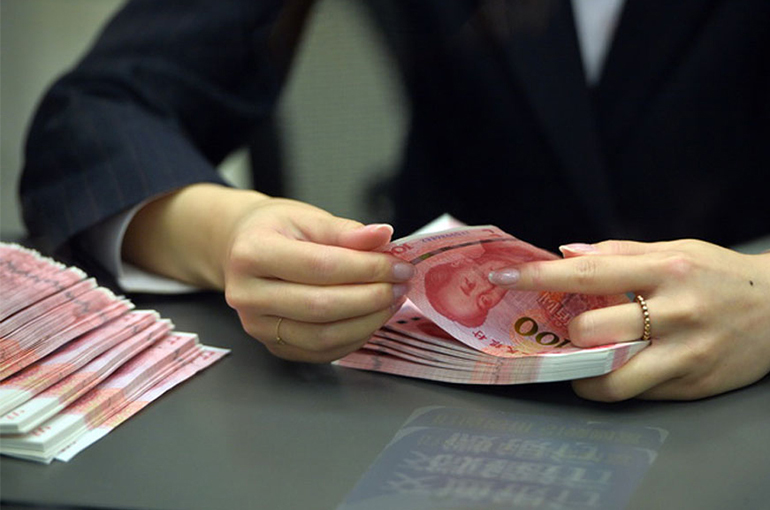 China Has Room to Further Ease Monetary Policy, PBOC's Former Official Says
China Has Room to Further Ease Monetary Policy, PBOC's Former Official Says(Yicai) Nov. 29 -- China still has room to further relax its monetary policy to boost corporate investment and complement its proactive fiscal policy, according to a former official at the country's central bank.
Compared with major global economies, China has much more room for lowering the reserve requirement ratio and cutting interest rates, Sheng Songcheng, director general of the Financial Survey and Statistics Department of the People's Bank of China between 2010 and 2016, said at a financial summit hosted by Yicai yesterday.
Among the monetary policy tools, trimming the RRR provides the most long-lasting liquidity at the lowest cost and helps reduce the funding costs of commercial banks and alleviate the pressure on their net interest margins, said Sheng, who currently is a professor of economics and finance at the China Europe International Business School.
The US Federal Reserve has entered the rate-cutting cycle, which provides a favorable external environment for the PBOC to follow suit, Sheng noted. "Considering that the 10-year government bond yield is around 2.1 percent, there is room to cut interest rates by 40 basis points in the near future," he added.
"Lowering the RRR or interest rates can both strengthen the effectiveness of monetary policy in supporting fiscal policies," Sheng pointed out.
Trimming the RRR can increase the amount of available funds for commercial banks, better support the issuance of treasury and local government bonds, and ensure reasonable and ample market liquidity during bond issuance, Sheng explained.
Commercial banks are the primary buyers of China's government bonds, holding about 70 percent of central government bonds and 82 percent of local government bonds.
Meanwhile, cutting interest rates would help facilitate the local debt swap process, potentially saving around CNY600 billion (USD82.9 billion) over five years, according to estimates by the Ministry of Finance.
China’s local government debt swap program aims at raising funds through the issuance of new low-interest bonds to replace existing high-interest hidden debts, thus actively easing the pressure of interest payments on local governments.
Editors: Tang Shihua, Futura Costaglione